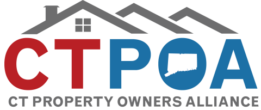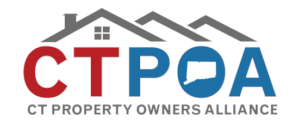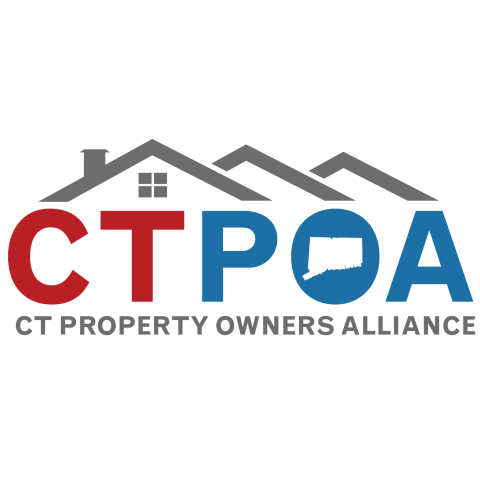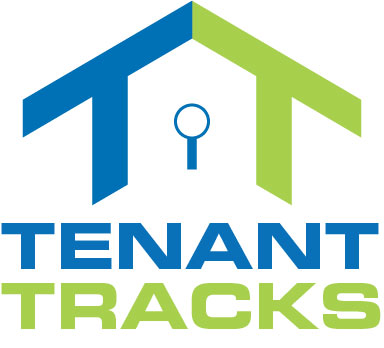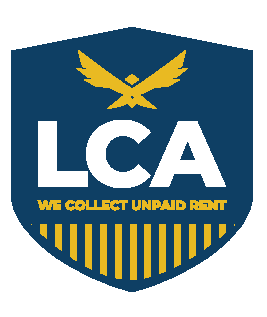The Connecticut legislature recently wrapped up its session, and renters and landlords alike watched proposals that could have significantly impacted their rights. While some measures aimed to strengthen tenant protections, others focused on maintaining landlords’ flexibility. Let’s delve into the key bills that caught the attention of both parties.
Several Proposals Aimed at Balancing Tenant Rights and Landlord Flexibility
Several proposals introduced during the Connecticut legislative session aimed to strike a balance between tenant rights and landlord flexibility. One of the most debated issues was “just cause eviction,” which would have required landlords to have a legitimate reason to evict tenants at the end of their lease. Let’s explore the details of these proposals and their fates, according to reliable sources.
- Just Cause Eviction: This bill aimed to restrict landlords’ ability to evict tenants when their lease expired, requiring a legitimate reason for eviction (“just cause”). It passed the Housing Committee but never reached the floor for a vote due to lack of support.
- Notice of Rent Increase: Landlords faced some success. A bill requiring them to provide advanced notice of rent increases did pass.
- Tenant Screening: Another proposal that died in committee sought to limit landlords from considering a prospective tenant’s criminal background during the screening process.
- Fair Housing Protections: Landlords also defeated a bill that would have banned discrimination based on sexual orientation for smaller landlords (those who own a limited number of properties).
We credit CT Mirror and CT Insider for providing some of this content.
Outcomes Varied for Tenant Protections and Landlord Concerns
The outcome of the legislative session presented mixed results for both renters and landlords. While some proposals for stricter tenant protections, like “just cause eviction,” failed to gain traction, landlords faced some success with measures requiring advanced notice for rent increases.
Overall, the session highlighted the ongoing conversation about balancing the needs of both parties in Connecticut’s housing market. It’s important to remember that many of these bills will likely be back on the table next year. Instead of just reacting each year and fighting the bills, real estate professionals in Connecticut can work together to prevent them in the first place. One way to achieve this is by supporting organizations like the Property Owners Defense League Political Action Committee (PODL PAC). The PODL PAC advocates for the rights and interests of property owners in Connecticut, and by getting involved, landlords can have a say in shaping future legislation.
